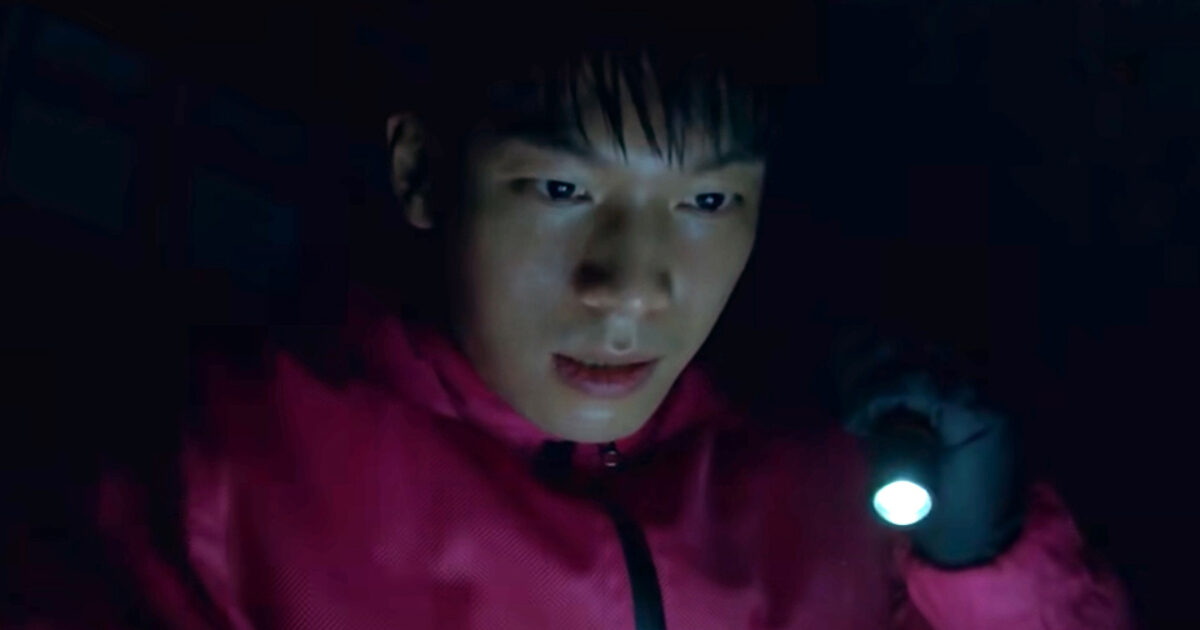Amid the mixed reactions to the unexpected ending of Squid Game and its three rollercoaster seasons, the blockbuster K-Drama’s director has revealed in a recent interview that the finale was originally conceived quite differently. Hwang Dong Hyuk, speaking to Joongang Ilbo, disclosed that the “original” finale of the Netflix hit show had a “vague happy ending” in mind.
According to Hwang, the initial vision for the conclusion involved Seong Gi Hun meeting Hwang Jun Ho, played by Wi Ha Jun, ending the game, and then traveling to the United States to reunite with his daughter. However, this concept was altered as Hwang observed the state of the world, particularly events like Jeff Bezos’s extravagant wedding, prompting him to craft a narrative that better reflected contemporary societal issues.
The Director’s Vision and World Events
Hwang Dong Hyuk explained that his decision to change the ending stemmed from a growing sense of unease about global issues. “As I continued writing, I personally started to feel that surviving in this world was becoming increasingly difficult,” he remarked. “Inequality is deepening, the threat of war is growing, the climate crisis is already here, and yet no one is taking responsibility.”
“I heard that Jeff Bezos spent over ₩70.0 billion KRW (about $51.7 million USD) on his wedding, and it made me think—wealth is concentrated in the hands of a few,” Hwang noted. “I felt that now is the time for older generations to let go a bit of their growth, development, and desires, and start making sacrifices and taking action for future generations.” — Hwang Dong Hyuk
This shift in narrative direction was intended to emphasize the pressing need for societal change and responsibility, leading to the inclusion of a child in the story as a symbol of future generations.
Audience Reactions and Criticisms
While the interview provided some clarity on the controversial ending that left many viewers dissatisfied, it also sparked backlash against the director. Some critics accused Hwang of using interviews to explain intentions that should have been evident in the show itself. Comments from viewers ranged from supportive to critical, with one stating, “Every time he gets criticized, he suddenly claims there was an alternative ending.”
“The current ending isn’t too bad, but as someone who loves patriotic stories, I think the original ending would’ve been more successful. Foreign viewers really hate it when the main character dies,” one viewer commented.
Others expressed frustration with the perceived disconnect between the show’s narrative and the director’s intentions, suggesting that the execution fell short of the ambitious themes Hwang sought to explore.
The Broader Context of K-Drama Endings
This development follows a broader trend in K-Dramas where endings often spark debate and discussion. The phenomenon of directors revealing alternate endings post-release is not unique to Squid Game. In the world of entertainment, particularly in serialized storytelling, creators frequently face the challenge of balancing artistic vision with audience expectations.
According to industry experts, this tension is exacerbated by the global reach of platforms like Netflix, which expose local dramas to international audiences with diverse cultural perspectives and preferences. The global success of Squid Game has amplified these dynamics, making its ending a subject of worldwide scrutiny.
Looking Forward: Implications for Future Productions
The move represents a significant moment in the storytelling landscape, highlighting the delicate balance between creative expression and audience satisfaction. As K-Dramas continue to gain international acclaim, directors may increasingly find themselves navigating these complex waters.
Meanwhile, Hwang Dong Hyuk’s revelations about Squid Game serve as a reminder of the powerful role that current events and societal issues play in shaping narratives. The show’s impact and the conversations it has sparked are likely to influence the direction of future K-Dramas, encouraging creators to engage more deeply with the world around them.
As audiences continue to dissect and debate the choices made in Squid Game, the conversation around its ending underscores the evolving nature of storytelling in the digital age. Whether the original ending would have resonated more with viewers remains a topic of speculation, but one thing is certain: Squid Game has left an indelible mark on the cultural landscape.






















